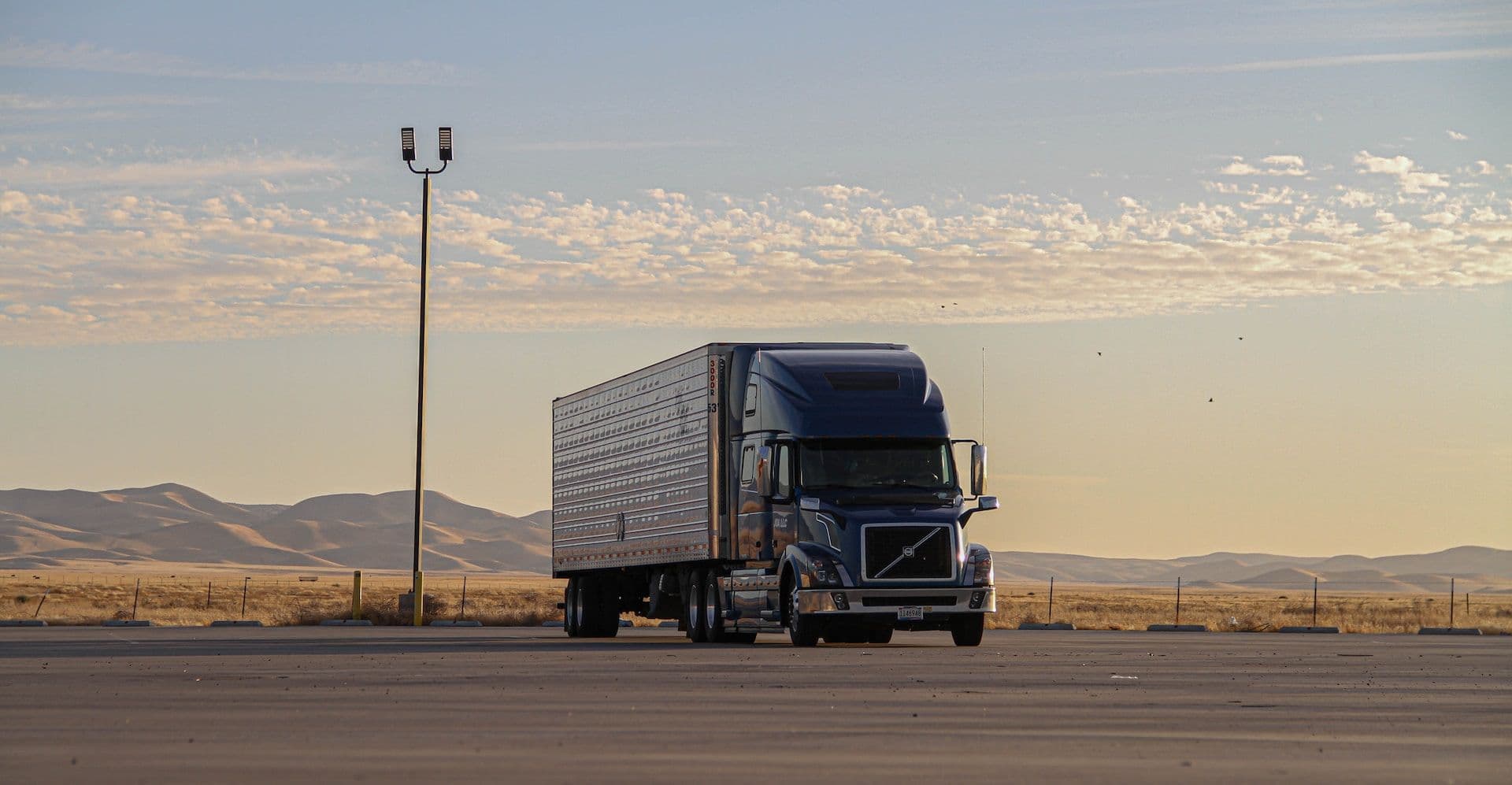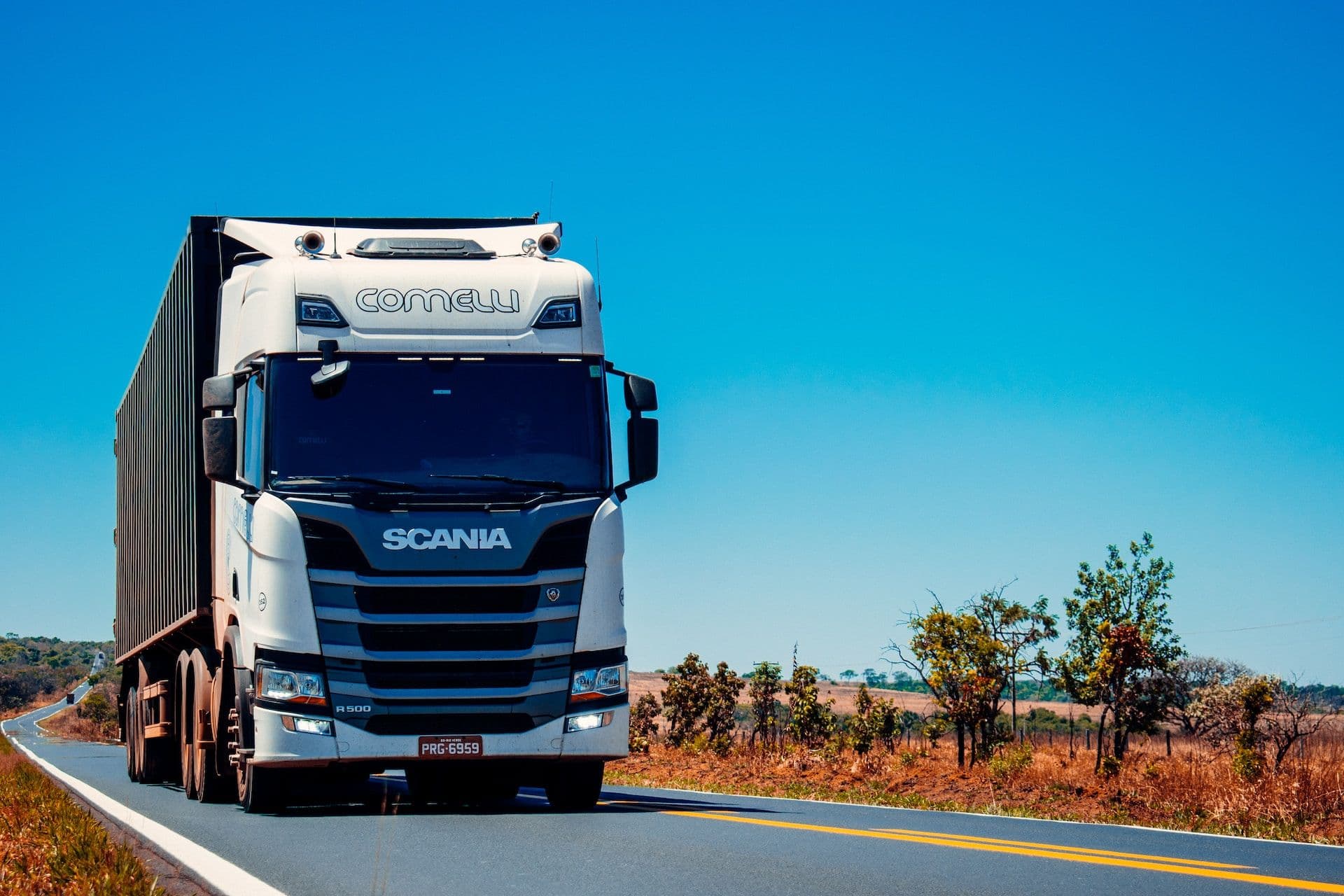An Ode to Chicago and its Freight Hustlers: A City Built on Hustle and Innovation
Chicago has always been about hustling or selling something. Jean-Baptiste-Point Du Sable, the first non-native person to settle in what would become the Chicago area in the late 1780s, set the tone. A successful trader, Du Sable sold out in 1800 and retired, embodying the spirit of enterprise that would define Chicago for centuries.
From its humble beginnings as a small trading post, Chicago has become a major player in the freight and transportation industry. Its strategic location at the intersection of Lake Michigan and the Chicago River made it an early hub for canals. Later, the importance of the railroad took over, with Chicago functioning as the largest U.S. rail gateway. Today, Chicago is known for its robust logistics and supply chain industry, a transformation driven by long-term innovation and strategic growth.
American Backhaulers and the Chicago Split Model
The modern rise of Chicago's freight industry began with the founding of American Backhaulers by Paul Loeb in 1981. As the trucking industry faced deregulation, Loeb noticed the inefficiency of empty trucks returning from deliveries. This led to the concept of backhauling, where empty trucks are filled with freight for their return trips.
Noam Frankel, joining as the second employee and later COO, helped pioneer the Chicago Split model. This innovative approach involved separating customer representatives from carrier representatives, moving away from the cradle-to-grave model. This model allowed the company to scale efficiently, offering upfront pricing and introducing early transportation management systems.
American Backhaulers' success was emblematic, leading to a $136 million acquisition by C.H. Robinson in 1999, a move that significantly expanded Robinson's network and capabilities.
The Second Wave: Coyote Logistics
Founded in 2006 by Jeff Silver, Coyote Logistics marked the second wave of freight innovation in Chicago. Silver, a disciple of the American Backhaulers, applied tech-driven strategies and systems perspectives to the industry. Coyote quickly grew into a major player, culminating in its $1.8 billion acquisition by UPS in 2015. However, cultural clashes and entrepreneurial spirit eventually led to organizational shift and change.
Chicago's FreightTech Third Wave
The third wave of Chicago's freight innovation saw figures like Andrew and Matt Silver continue the legacy. Andrew Silver's MoLo Solutions emerged in 2017, prioritizing people and service over cutthroat industry practices. This approach saw MoLo achieve impressive growth before being acquired by ArcBest for $235 million in 2021.
Matt Silver's Forager Logistics, launched in 2019, focused on cross-border freight. Although eventually sold to Arrive Logistics, Matt continued to innovate, founding Cargado in 2023 with a focus on leveraging technology for efficient cross-border logistics.
The Chicago Model Lives On
Jeff Silver and Paul Loeb continued their journey with Mastery Logistics Systems, showing that the Chicago model of entrepreneurial spirit and hustle lives on. With partnerships and innovations continuing to emerge, Chicago remains a central hub in the nation's freight and transportation network.
Despite the changes and challenges in the industry, Chicago's legacy of shaping the movement of goods across America is undoubtedly secure, with the freight winds ever blowing in the Windy City.
Explore more about how technology is transforming the freight industry on our Shop, get started by Registering, or seek assistance in our [Help Center](Help Center).


